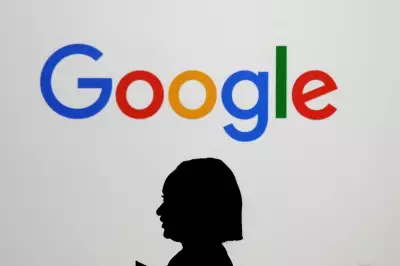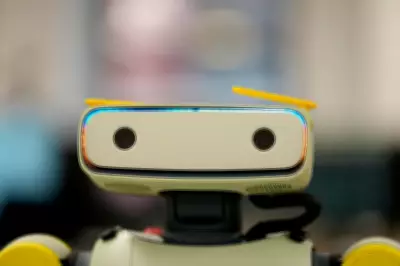
The digital revolution has arrived at Canada's cultural doorstep, and artificial intelligence is knocking with questionable intentions. Across the nation, creators are sounding the alarm as AI systems increasingly consume their intellectual property without permission, compensation, or credit.
The Silent Theft Sweeping Creative Sectors
Canadian artists, writers, musicians, and filmmakers are witnessing their life's work become training data for AI algorithms. These sophisticated systems scrape copyrighted material from across the internet, learning to replicate creative styles and generate new content that directly competes with human creators.
The scale is staggering: Millions of Canadian creative works are being absorbed into AI datasets without consent. From bestselling novels to award-winning photographs, the very foundation of Canada's cultural identity is being repurposed to fuel the AI revolution.
Why Current Laws Are Failing Creators
Canada's existing copyright framework was built for a different era—one where digital reproduction and mass-scale data harvesting weren't conceivable threats. The legal system now faces unprecedented challenges:
- AI companies exploit legal gray areas in copyright law
- Creators lack practical means to track or prevent unauthorized use
- Remedies are often inaccessible to individual artists
- International enforcement remains problematic
The Economic Impact on Canadian Culture
Beyond ethical concerns, the unchecked advancement of AI poses real economic threats. Canada's creative sector contributes significantly to the national economy and employs hundreds of thousands of Canadians. Without protection, this vital industry faces:
- Erosion of traditional creative markets
- Devaluation of original artistic works
- Loss of cultural diversity in content creation
- Diminished opportunities for emerging artists
Call to Action: What Canada Must Do Now
Industry leaders and policy experts are urging the Canadian government to take decisive measures. The proposed solutions include:
Legislative Reform: Updating copyright laws to explicitly address AI training and generated content, ensuring creators maintain control over their intellectual property.
Transparency Requirements: Mandating that AI companies disclose training data sources and implement opt-out mechanisms for creators.
Licensing Frameworks: Developing standardized licensing systems that ensure fair compensation when creative works are used to train AI systems.
International Cooperation: Working with global partners to establish consistent standards that protect creators across borders.
The Future of Canadian Creativity Hangs in the Balance
This isn't just about protecting existing works—it's about preserving the ecosystem that allows new Canadian voices to emerge. Without intervention, we risk creating a cultural landscape where AI-generated content floods the market, making it increasingly difficult for human creators to sustain careers.
The time for action is now. As AI technology accelerates, Canada has a narrow window to establish protections that balance innovation with the fundamental rights of creators. The alternative—a cultural sector dominated by AI systems trained on stolen creativity—would represent a profound failure to protect one of Canada's most valuable assets: its artistic soul.





